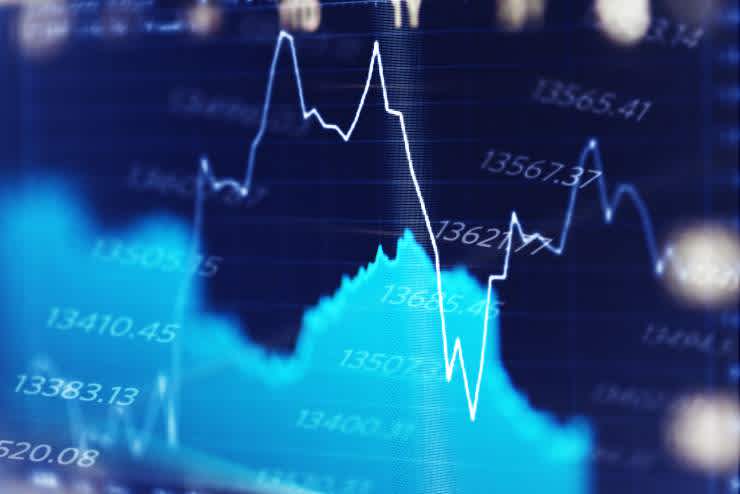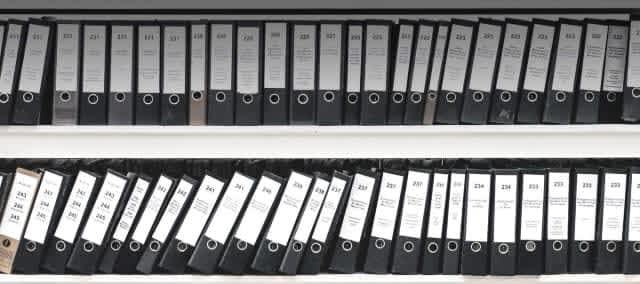To find more about where pensions are invested, read our article ‘Where is my pension invested?’. However, there are several reasons why market turbulence shouldn’t put you off saving into a pension - and why you shouldn’t panic when share prices take a tumble. Here’s what you need to know.
What makes share prices move?
Share prices regularly move up and down, which is why when you read anything about investments, you’ll usually see the familiar warning ‘the value of your investments can fall as well as rise, and you could get back less than you put in.’
The reason share prices fluctuate in value is due to how in demand they are. If, for example, a company is flavour of the month, perhaps because it’s launched a hugely popular and successful product, and investors are clamouring for a piece of it, the price of its shares will go up. However, if a company has some bad news, such as poor annual results, or it announces thousands of job cuts, its share price may fall.
Economic news also influences share prices, so when the economy is doing well, share prices typically rise, whereas when during periods of economic and political uncertainty, as we are experiencing currently with Brexit, share prices may fall.
Why you shouldn’t panic when markets are volatile
Volatility is part and parcel of the investment journey, and it’s important to remember that pensions are a long-term investment. That means if there is a downturn, hopefully there’ll be plenty of time for share prices to recover, although there are no guarantees.
Remember too, the benefits of making regular pension contributions during periods of volatility. If you are paying into a pension every month, then your contributions will buy more shares when prices are low and less when they cost more. Over the long run this should hopefully help smooth out your returns.
What if I’ve already started drawing my pension whilst keeping it invested?
During periods of stock market turbulence, it’s worth reviewing your level of investment risk and thinking about whether you need to adjust the amount of income you take from your pension to ensure that it will last you throughout the course of your retirement.
Taking too much out when markets are volatile could mean that you end up with a shortfall later in life. It’s therefore a good idea to have a cash buffer in place, so that when markets are volatile, this can be used to take an income from rather than having to sell investments at lower prices.
According to research by insurer Zurich, a third (36%) of people who are keeping their pension invested through retirement do not have a cash safety-net to fall back on if markets fall. Even though two thirds (64%) of retirees do hold some cash in reserve, fewer than one in 10 (8%) would think to use it if there was a “significant” drop in the stock market.
It’s also important to make sure your pension investments are properly diversified, which means you invest in a wide range of assets, sectors and geographical regions. This helps spread risk more than if all your investments are focused on one particular area. Ensuring your pension is invested correctly when you’re both far-from and near-to retirement is an area we specialise in. Our expert Investment Committee look at the whole fund market to make sure our customers get the best possible pension advice on an ongoing basis.
Working out how much income to take from your pension and where your money should be invested isn’t always easy, so if you’re not sure, seek professional advice.



